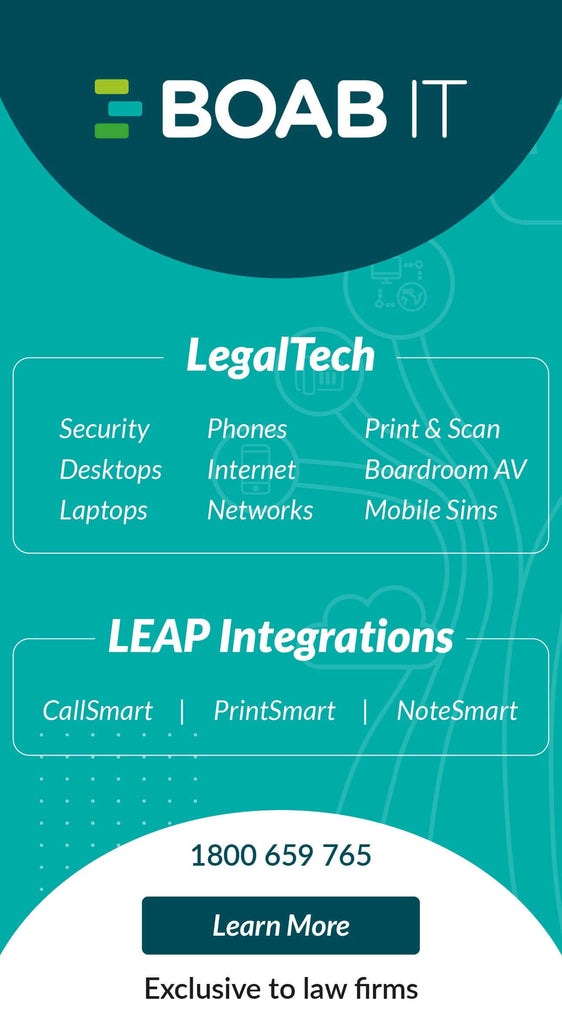
Blockchain and Crypto Adoption in Corporate Legal
With the advent of web 3.0, metaverse and other platforms, blockchain tech has skyrocketed. Big companies have started crypto transactions for goods and services. New cryptocurrencies are constantly forming, and law firms have opened virtual offices and are offering crypto transactions.
Blockchain technology is a part of legal tech, and most, if not, all corporate legal departments use them from e-signature to blockchain-based arbitration, it is everywhere. The smart contracts, contract managing applications, have reduced the workload of legal professionals while maintaining the safety and security of the transaction between the parties.
While the blockchain technology shows promising signs of growth, the speculations dub it the technology with no owner. Regardless, industries across the globe are constantly moving to capture unchartered territory through blockchain and crypto. The legal industry is no different. However, known for its restrained approach, the legal industry, especially law firms, has taken new and upcoming tech with a tinge of seriousness.
To better understand the stride it is more important to understand blockchain and crypto, although used interchangeably, these terms confuse the readers. In the article we will not be discussing the difference between the two but our focus is to understand the usage in the legal industry.
Crypto is a currency
Many law firms have recently begun transacting in cryptocurrency for their services. Our article, Cryptocurrency: The New Legal Tender for Law firm?, discusses how crypto continues to make inroads in the legal industry. The article further points on insights from Chainalysis's 2021 Geography of Cryptocurrency Report that shows the crypto adoption globally in which the Asia Pacific (APAC) has a considerable share of 28%.
Companies are exploring options to seek professional services such as legal services in cryptocurrency exchange. The crypto offers ease of access and levies no additional cross border transactional charges. Big companies such as AXA, Coca-Cola, Microsoft, Starbucks, have given nod for transacting in crypto for the goods and services exchange.
Blockchain is the technology
Blockchain and crypto-based distributed ledger technology (DLT) could make the financial sector more efficient, reliant, and resistant. World Bank says, "Distributed ledger technology could fundamentally change the financial sector, making it more efficient, resilient and reliable. Distributed ledgers use independent computers, sometimes called nodes, to record, share and synchronise transactions in their respective electronic ledgers, instead of keeping data centralised as in a traditional ledger." Blockchain tech is not only restricted to the crypto domain, but many applications are based on it, making workflow streamlined.
While blockchain technology is reliable, experts predict the adoption in full flow as the technology evolves.
The biztech.com article, Smart Contracts: How Blockchain will Upend Corporate Legal Departments, states that smart contracts use blockchain technology, a statement written into code on a blockchain. "The blockchain is then updated when the transaction is completed," says IBM. "That means the transaction cannot be changed, and only parties who have been granted permission can see the results."
Business contracts are carefully crafted and maintained for a considerable period. Corporate legal departments keep busy maintaining such contracts. Smart contracts are essential in providing seamless and secure transactions with the parties involved. Smart contract offers the potential to further numerous applications for legal processes.
Blockchain in Legal Industry |consensy.net states that blockchain leaves no scope for misinterpretation as all parties tied up by an agreement access DTL, making the process more transparent.
There are numerous possible Enterprise Ethereum blockchain applications across the legal industry. Some of the top use cases that ConsenSys has identified are electronic signatures, intellectual property, property rights, chain of custody, decentralised autonomous organisations (DAO), arbitration and payments.
Smart contract facilitates many such functions, providing a unique address for every transaction.
Blockchain and crypto
As more law firms and legal departments mark their presence in Metaverse, the more acceptance of crypto will follow. Nick Abrahams, Global Co-leader – Digital Transformation with Norton Rose Fulbright, in a recent podcast with “The Foil” on Audible stated, “[W]e first experienced Crypto with Bitcoin, the founder of which is Satoshi Nakamoto, who we don’t know – who that person is. We are trusting ourselves to a technology we do not know about the founder, how it came about.”
Still, blockchain-based technology has tremendous uses as we move ahead, and organisations are already using them to streamline their workflow.
Futuristic picture
The corporate legal departments, which rely on the services of law firms, will seek a presence in the web 3.0 and metaverse. The use of crypto and other blockchain tech is inevitable. Although there is no definitive proof that corporations are using crypto to pay legal fees, there are law firms accepting crypto.
Smart contract has shortened the time for legal professionals to create and maintain contracts. Furthermore, blockchain applications show a lot of potential for the users in document management, e-signature, and tokenisation.
While the speculations question the origin of the founder of the blockchain technology, its benefits outweigh the critics.
The future for blockchain and crypto has a huge potential across industries, especially with the upcoming web 3.0 and metaverse at the helm. It is hard to anticipate the stride that will hit the technology, and businesses that don't keep up with the pace will be at the receiving end.
Subscribe to the Legal Practice Intelligence fortnightly eBulletin. Follow the links to access more articles related to the business of law and legal technology.
Disclaimer: The views and opinions expressed in this article do not necessarily reflect the official policy or position of Novum Learning or Legal Practice Intelligence (LPI). While every attempt has been made to ensure that the information in this article has been obtained from reliable sources, neither Novum Learning or LPI nor the author is responsible for any errors or omissions, or for the results obtained from the use of this information, as the content published here is for information purposes only. The article does not constitute a comprehensive or complete statement of the matters discussed or the law relating thereto and does not constitute professional and/or financial advice.





